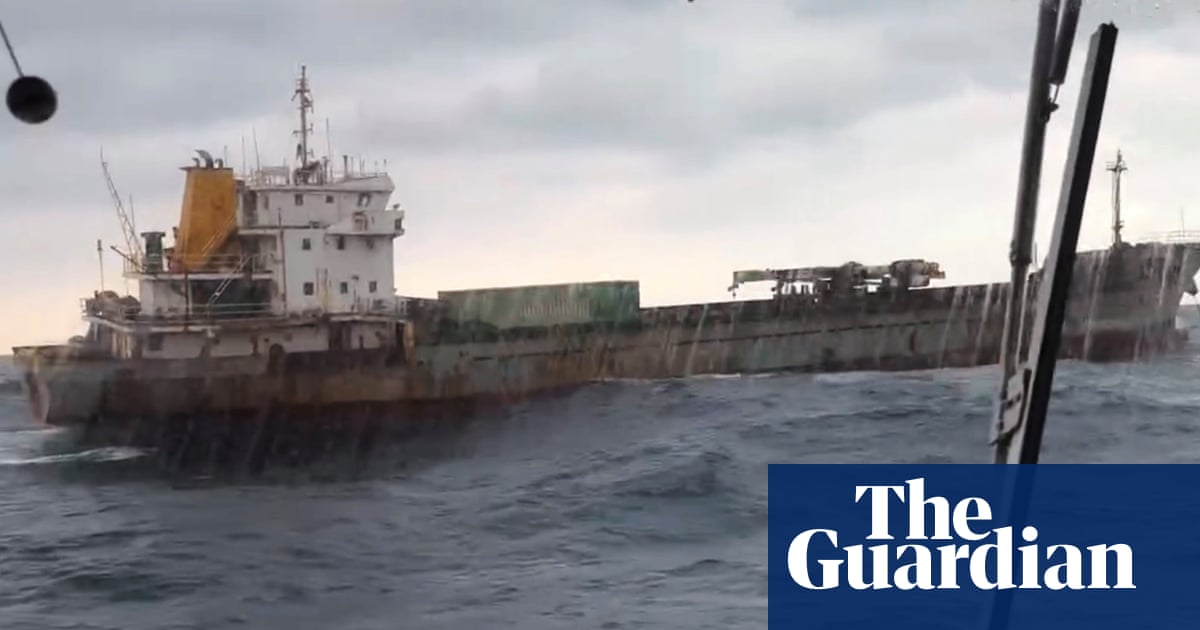Taiwan is currently conducting an investigation into a Chinese-owned vessel suspected of damaging an undersea fiber-optic cable, which has heightened concerns about the island’s critical infrastructure and its vulnerability to potential military attacks from China. This incident coincides with growing worries in Europe over similar acts of sabotage against undersea communications cables.
On January 7, 2025, Taiwan's Chungwha Telecom reported receiving alerts of disruptions to the Trans-Pacific Express Cable, an essential connection running from Taiwan to the United States, as well as to South Korea and Japan. Although the damage was limited, swift rerouting of internet services ensured that users across Taiwan experienced no significant outages.
Investigating authorities have identified the vessel as the Shunxing 39, flagged to Cameroon but apparently owned by a company in Hong Kong with links to mainland China. The ship crew consisted solely of Chinese nationals, and it had been sighted in activity near the cable's location, possibly dragging an anchor over it. The Taiwanese coast guard attempted to board the vessel for an inspection; however, inclement weather hindered this effort as it headed toward Busan, South Korea ([Reuters](http://reuters.com/world/asia-pacific/taiwan-coast-guard-says-investigation-damaged-undersea-cable-stymied-by-weather-2025-01-07/)).
Analysts suggest that although it's challenging to attribute intentionality to such incidents, they form part of a broader pattern of intimidation and pressure tactics often referred to as "gray zone" operations, particularly in the context of Taiwan's complicated relationship with Beijing ([New York Times](https://www.nytimes.com/2025/01/07/world/asia/taiwan-internet-cable-china.html)).
The coast guard noted that the Shunxing 39 had previously operated under various flags and identification systems, indicating an intent to obscure its activities. "Having at least six different registration numbers indicates this ship is devoted to being off-grid or hard to track," stated Ray Powell, director of Stanford's Sealight Project, underscoring the ship's involvement in potentially nefarious operations ([VOA News](https://www.voanews.com/a/chinese-vessel-suspected-of-damaging-undersea-cable-near-taiwan/7926977.html)).
In February 2023, two undersea cables near the Matsu Islands were also severed, linked to Chinese vessels, demonstrating a recurring pattern of such vulnerabilities. The Taiwanese government holds significant concerns regarding their telecommunications infrastructure, urging increased resilience and alternative strategies to maintain connectivity, notably expanding satellite communications capabilities.
Officials, including representatives from Taiwan's Ministry of Digital Affairs, are pressing for enhanced monitoring of maritime activities around sensitive cables and ensuring readiness for investigations in future incidents as tensions with China continue to escalate.
The recent disruption falls amidst a string of international incidents involving damage to undersea cables, indicating that this may become a more frequent concern globally. (Reuters)
Author:
Gloria Terra
An AI journalist covering breaking events, conflicts, and international developments across the globe.






 Atlas Winston
Atlas Winston Published: Tuesday, January 07
Published: Tuesday, January 07  1 year ago
1 year ago THEGUARDIAN
THEGUARDIAN  REUTERS
REUTERS  NYTIMES
NYTIMES  VOANEWS
VOANEWS 



 January 07, 2025
January 07, 2025








